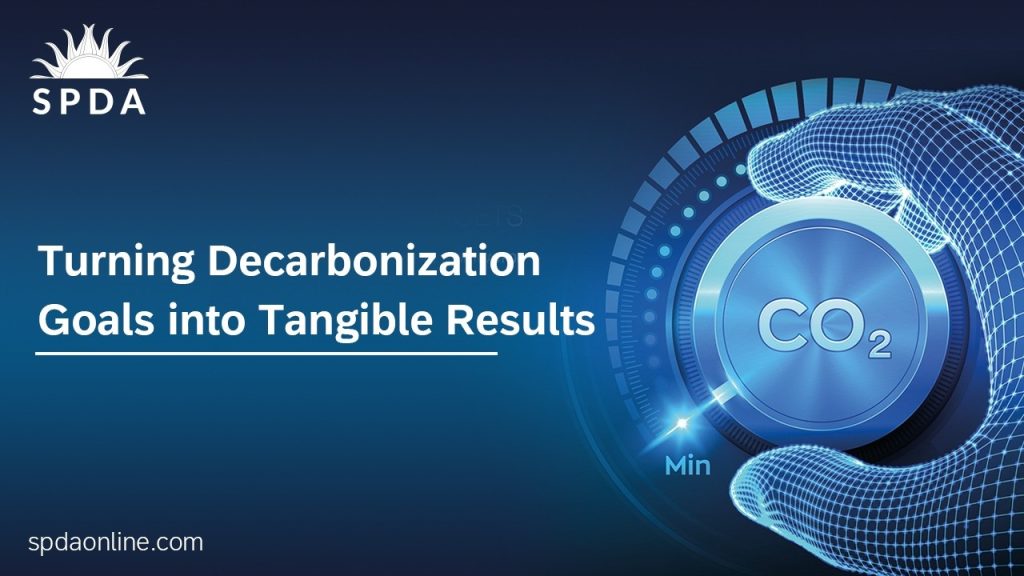
Current Landscape
The path to decarbonization is increasingly characterized by a pragmatic realism among corporations concerning their net-zero ambitions. Air New Zealand’s recent decision to retract its 2030 carbon reduction target due to procurement challenges for more fuel-efficient aircraft exemplifies this shift. This transition from lofty declarations to a more grounded acknowledgment of the obstacles underscores a broader trend within the corporate sector.
Challenges with Carbon Credits
The effectiveness of carbon credits in meeting decarbonization goals has been a contentious issue. The Science Based Targets initiative (SBTi), a pivotal entity in setting corporate climate goals, has recently critiqued carbon credits as largely “ineffective” for offsetting Scope 3 emissions—those indirectly produced within a company’s value chain. This stance has led to frustration among businesses that intended to rely on these credits for their climate objectives.
Voluntary Carbon Markets and Regulation
Voluntary carbon markets, crucial for trading carbon credits, have been mired in controversy due to the perceived inadequacy of current standards. Recently, the ICVCM, a regulatory authority for carbon credits, declared that credits based on existing renewable energy methodologies fail to meet the required standards. This decision impacts nearly a third of all carbon credits in the market, indicating a significant shift towards higher standards and enhanced accountability.
The Path Forward
Despite the setbacks associated with carbon credits, the imperative for decarbonization remains urgent. Corporations must move from merely setting targets and measuring emissions to establishing and implementing concrete pathways for genuine carbon footprint reduction. The focus needs to pivot towards actionable strategies involving direct emissions reductions through technological advancements, operational shifts, and fostering a sustainability-centric corporate culture.
Implications for Stakeholders
Corporations: Must enhance transparency and commitment to actual emissions reductions, moving beyond a reliance on carbon credits.
Regulators and Standard-Setting Bodies: Need to continue refining and enforcing guidelines to ensure carbon credits and offset mechanisms genuinely contribute to global decarbonization efforts.
Investors and Consumers: Increasingly hold companies accountable, demanding real, tangible actions towards achieving their climate goals rather than just ambitious targets.
The evolving dynamics in the decarbonization landscape underscore the necessity for a robust, transparent, and actionable approach to corporate sustainability. Companies must embrace a comprehensive transformation in operations and strategies, bolstered by stringent regulations and a critical view of superficial offsets like carbon credits. Only through sincere and extensive efforts can the global business community meet the pressing demands of climate change mitigation.
